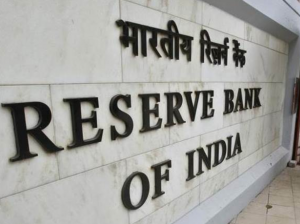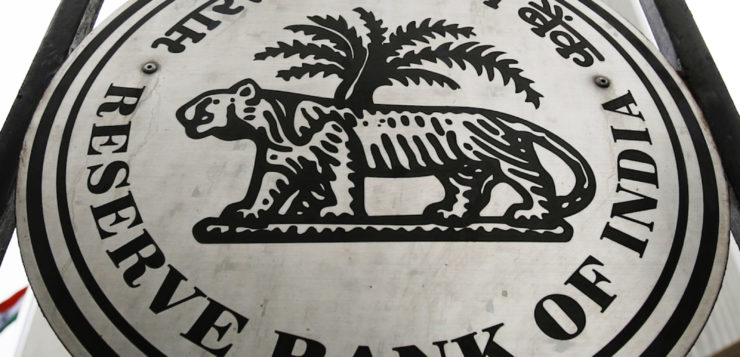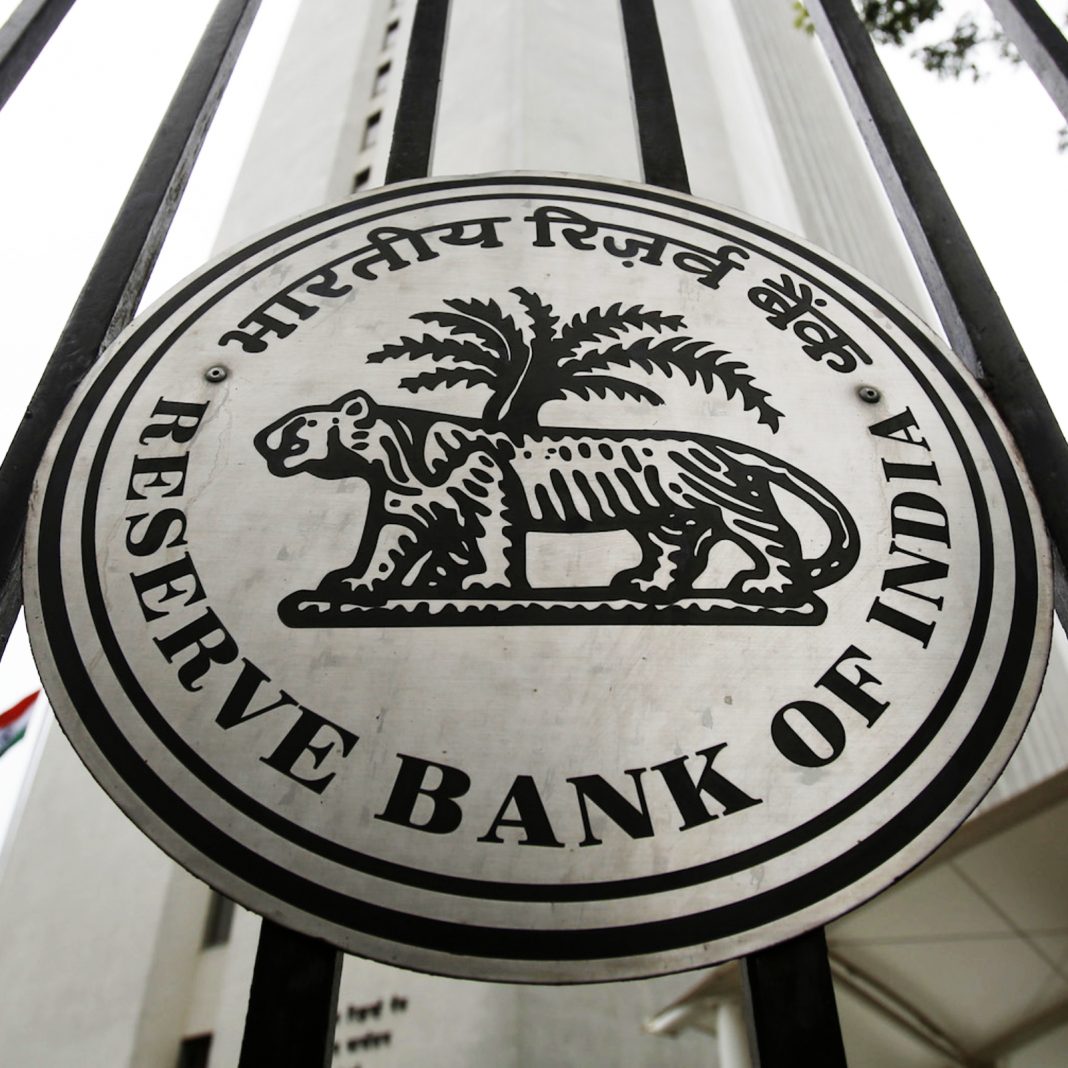The Reserve Bank of India (RBI) has published a report indicating that cryptocurrencies are not a threat currently. However, the central bank says, with rapid growth and adoption of cryptocurrencies, this assessment could change, adding that constant monitoring of cryptocurrencies is needed.
Also read: Indian Supreme Court Moves Crypto Hearing, Community Calls for Positive Regulations
No Threat Currently
 The RBI published its “Report on Trend and Progress of Banking in India 2017-18” on Dec. 28. The report cites an analysis by the Financial Stability Board (FSB), an international body which monitors and makes recommendations about the global financial system.
The RBI published its “Report on Trend and Progress of Banking in India 2017-18” on Dec. 28. The report cites an analysis by the Financial Stability Board (FSB), an international body which monitors and makes recommendations about the global financial system.
Quartz India summarized on Thursday, “A global financial body, which includes India, says cryptocurrencies aren’t a threat.” India’s central bank wrote in its report:
The FSB has undertaken a review of the financial stability risks posed by the rapid growth of crypto-assets. Its initial assessment is that crypto-assets do not pose risks to global financial stability currently.
The RBI, the Securities and Exchange Board of India, and the Ministry of Finance are all members of the FSB, along with 23 other countries plus international organizations such as the European Commission, the Bank for International Settlements, the International Monetary Fund, and the World Bank.
 The wording in the RBI report resembles the FSB’s own report released in October which states that “crypto-assets do not pose a material risk to global financial stability at this time.”
The wording in the RBI report resembles the FSB’s own report released in October which states that “crypto-assets do not pose a material risk to global financial stability at this time.”
The central bank’s latest report echoes its annual report which states that “Though cryptocurrency may not currently pose systemic risks, its increasing popularity leading to price bubbles raises serious concerns for consumer and investor protection, and market integrity.”
RBI Says Constant Monitoring Needed
 The RBI reiterated in its latest report that it has repeatedly cautioned users, holders and traders of cryptocurrencies about the various risks associated with these assets. Furthermore, the central bank issued a circular on April 6 prohibiting regulated entities from providing services to crypto businesses. The central bank gave them three months from the date of the circular to exit relationships with crypto companies.
The RBI reiterated in its latest report that it has repeatedly cautioned users, holders and traders of cryptocurrencies about the various risks associated with these assets. Furthermore, the central bank issued a circular on April 6 prohibiting regulated entities from providing services to crypto businesses. The central bank gave them three months from the date of the circular to exit relationships with crypto companies.
A number of industry participants have filed petitions against the ban. The supreme court is set to hear the case this month, after postponing it repeatedly last year.
The RBI continued to describe in its latest report:
The market continues to evolve rapidly, however, and this initial assessment could change if crypto-assets were to become more widely used or interconnected with the core of the regulated financial system … Cryptocurrencies need constant monitoring on overall financial stability considerations, given the rapid expansion in their usage.
No Hurry for Crypto Regulation
 On the same day, Dec. 28, the Indian Ministry of Finance reportedly provided some clarification to Lok Sabha, the lower house of India’s bicameral parliament, about the country’s cryptocurrency regulation. Despite the media reporting that the draft regulatory framework would be ready last September or by the end of last year, Shri Pon Radhakrishnan, Minister of State in the Ministry of Finance, indicated no urgency for cryptocurrency regulation.
On the same day, Dec. 28, the Indian Ministry of Finance reportedly provided some clarification to Lok Sabha, the lower house of India’s bicameral parliament, about the country’s cryptocurrency regulation. Despite the media reporting that the draft regulatory framework would be ready last September or by the end of last year, Shri Pon Radhakrishnan, Minister of State in the Ministry of Finance, indicated no urgency for cryptocurrency regulation.
He wrote, “In absence of a globally acceptable solution and the need to devise [a]technically feasible solution, the department is pursuing the matter with due caution. It is difficult to state a specific timeline to come up with clear recommendations.”
Following this report, the CEO of local cryptocurrency exchange Wazirx, Nischal Shetty, told news.Bitcoin.com, “in a way it also puts out any fear of ban in India.” He elaborated:
Next step is to see if [the]supreme court sees this as the basis to grant [a]stay against the RBI banking restriction as this means that government of India does not see crypto as a threat or matter of immediate concern.
Do you think the Indian government sees cryptocurrencies as a threat? Let us know in the comments section below.
Images courtesy of Shutterstock.
Need to calculate your bitcoin holdings? Check our tools section.





